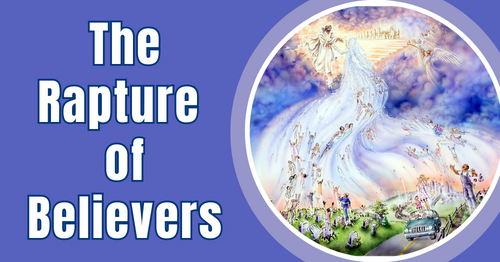Authority and Servanthood in the Gospel of Mark CONCLUSION!
Here we are at the end of our series in the gospel of Mark! I know its been a long run and I hope you’ve been able to trace the themes in the gospel along with me over the various posts. Today, let’s pull together what we’ve learned from our work.
Here we are at the end of our series in the gospel of Mark! I know its been a long run and I hope you’ve been able to trace the themes in the gospel along with me over the various posts. Today, let’s pull together what we’ve learned from our work.
Power and authority in the first century (much like today) were commodoties to be used and abused for the purpose of self-benefit, self-preservation, and self-promotion. Servanthood was for those without power or authority and was the lot in life for those who simply had no other choice. The life and teachings of Jesus in the gospel of Mark present an alternative paradigm to these structures. Mark presents Jesus as the one with supreme, divine authority who lives a life of supreme, divine servanthood and sacrifice for others. His disciples are invested with his authority and called to his mission, but in order to do so they must properly understand who Jesus is so that they might follow him appropriately.
Throughout the gospel, motifs of authority and servanthood are prominent and intertwined. Jesus is pictured using his authority to minister to and benefit those who are most needy and his disciples are instructed to do the same. Servanthood is consistently pictured in a positive light as something expected and demanded of true followers of Christ. Jesus continually provides clear teaching on the sacrificial nature of his own life and work and the radical servanthood that is to characterize his disciples. The reality of this teaching is quite startling and unexpected and the first disciples needed repetition and reiteration of these ideas (as do disciples today!).
These lessons in the gospel do not insist that disciples rid themselves of any hint of power and authority in an attempt to place themselves in the lowest class of whatever power structure may exist. The point is to follow Jesus in recognizing that whatever power and authority invested in us is from the only true source of power that exists, God the Father. Thus any power we have been given is to be used in service to him, not to self (or any other allegiance or group). Jesus has clearly shown that service to the Father is that in which denies self-prerogatives and ambitions.
To accomplish such service, the follower of Christ must first be aware–aware of her own gifts of power and authority whether they be economical, political, or social; and aware of the source and purpose of such gifts. Next she must also be aware of the needs of other people and classes of society. Who or what needs to be challenged with the message of Jesus? Who needs an advocate more powerful than they to protect them and plead their case?
The paradox of authority and servanthood in Mark represents Jesus’ introduction of an entirely new way of thiinking about the relationship of these two themes: Power is not the goal and servanthood the means; servanthood is the goal and power and authority are merely gifts given for the pursuit of that goal.
With what power have you been gifted and how will/do you use it to serve others?



One Comment
Heather A. Goodman
I have enjoyed this series,
I have enjoyed this series, Terri. Thank you for this examination about gifts, authority, and servanthood. I think this is something we all struggle with in our own lives, and it’s something many churches struggle with.